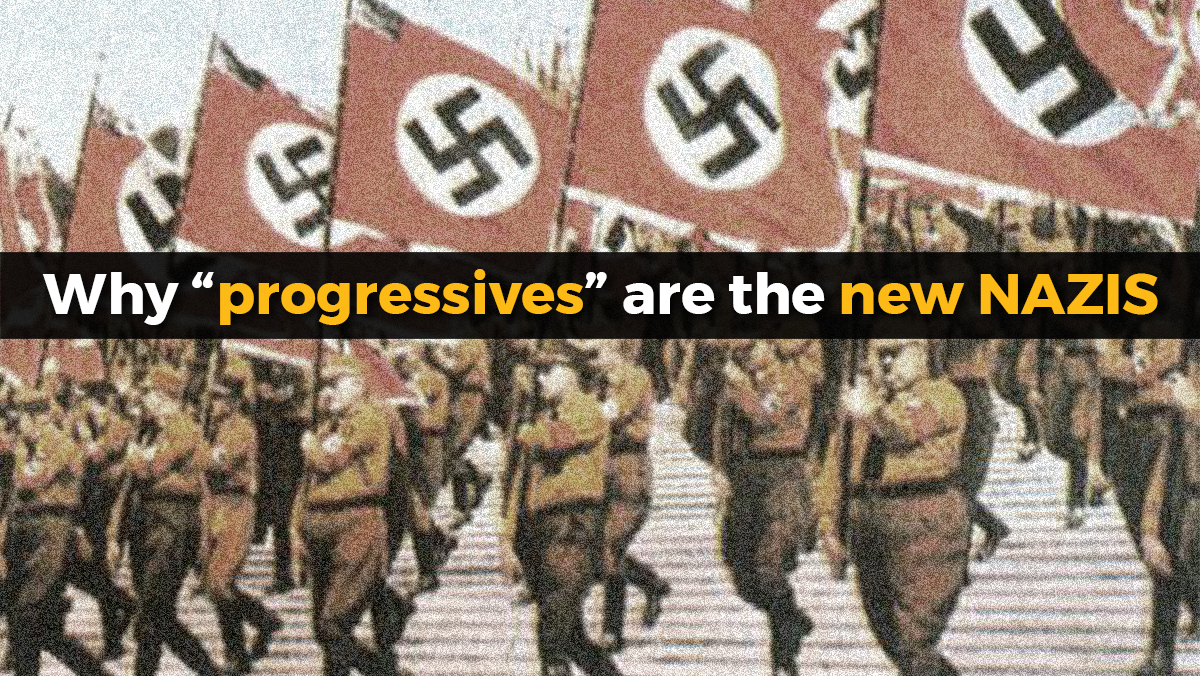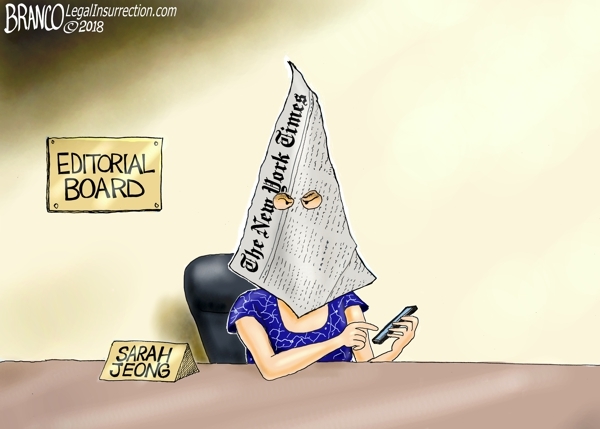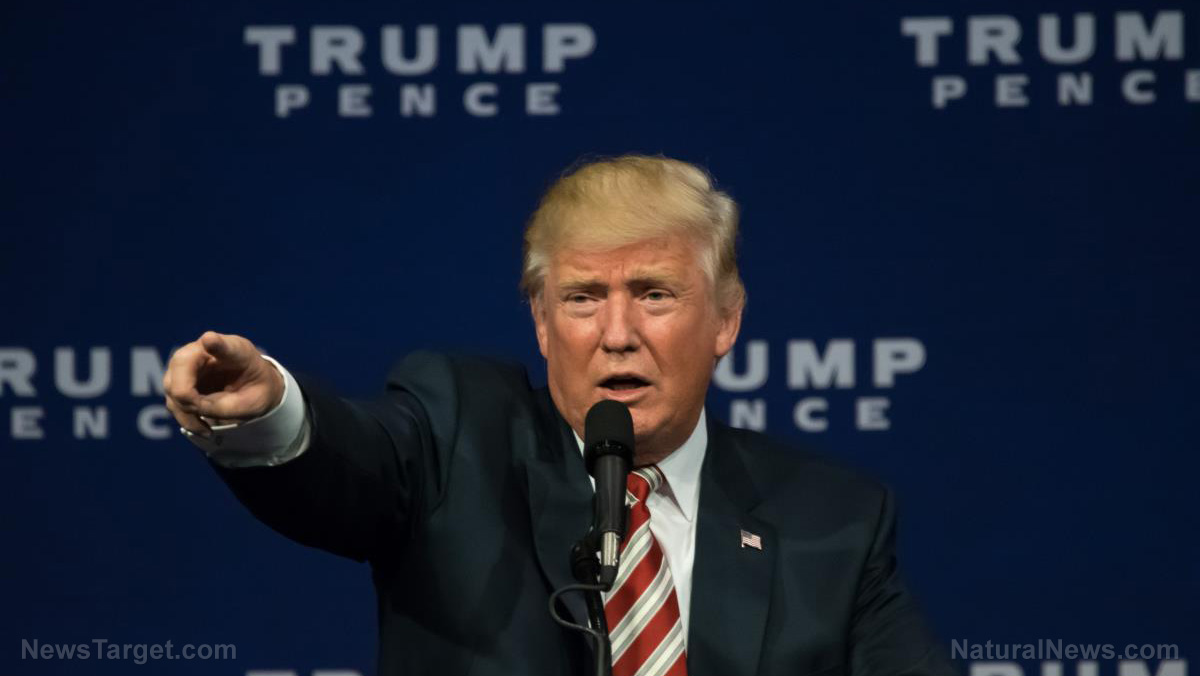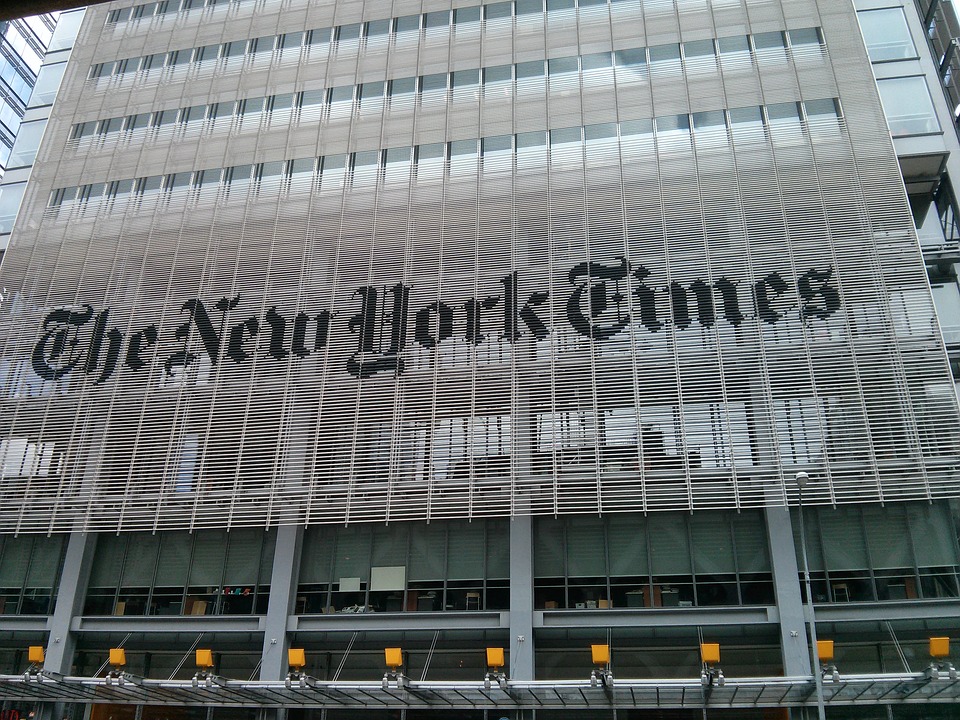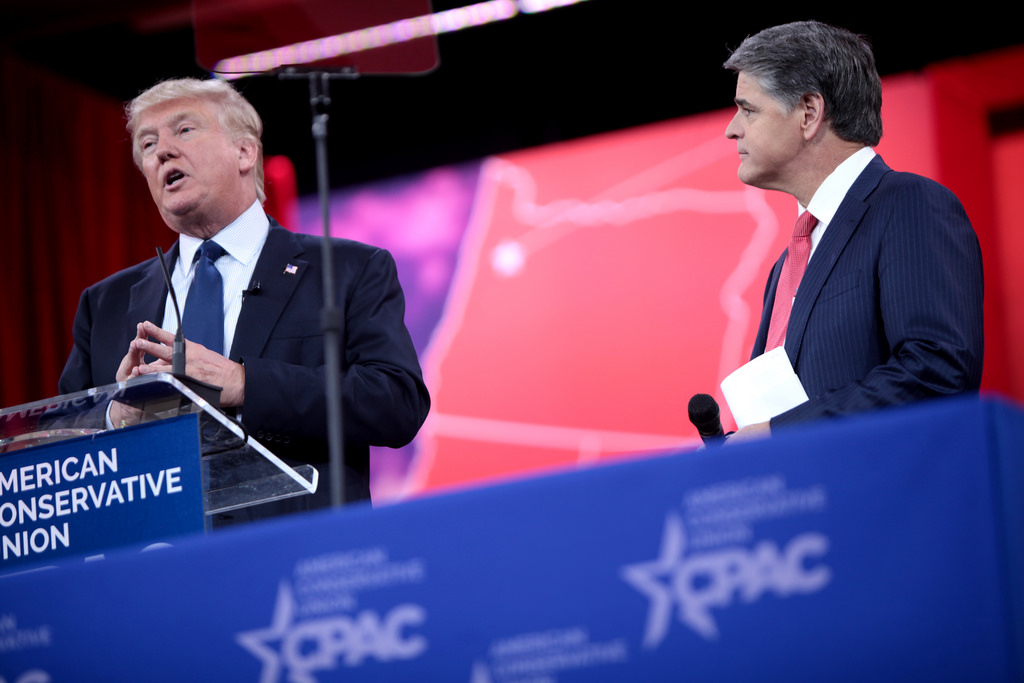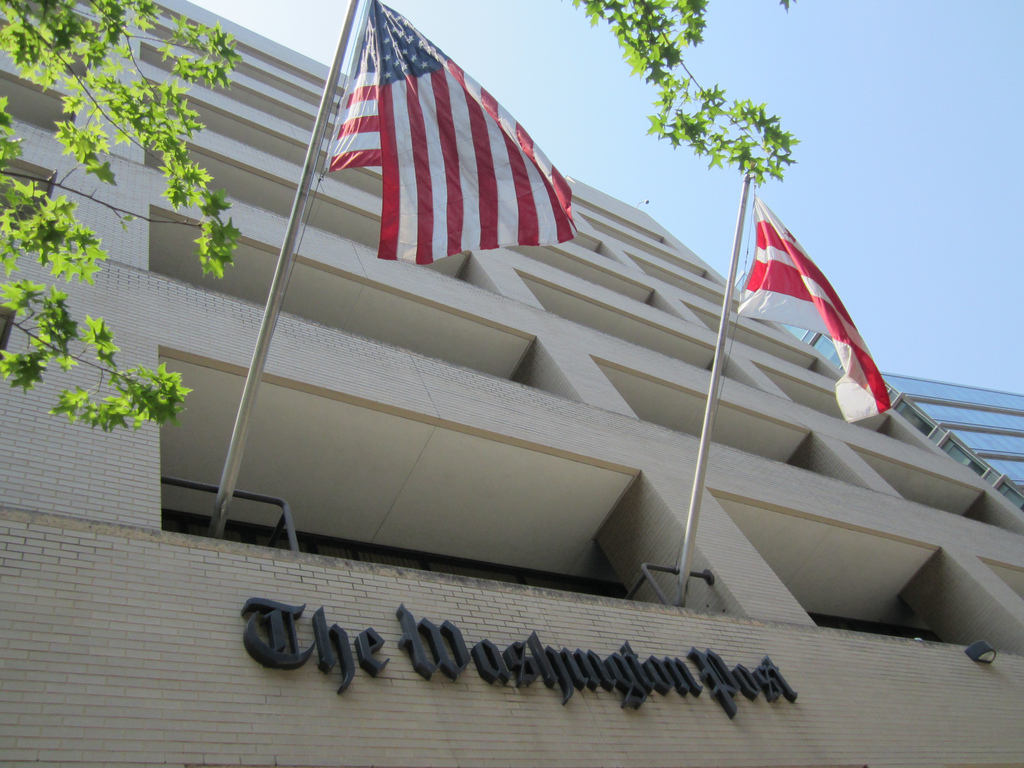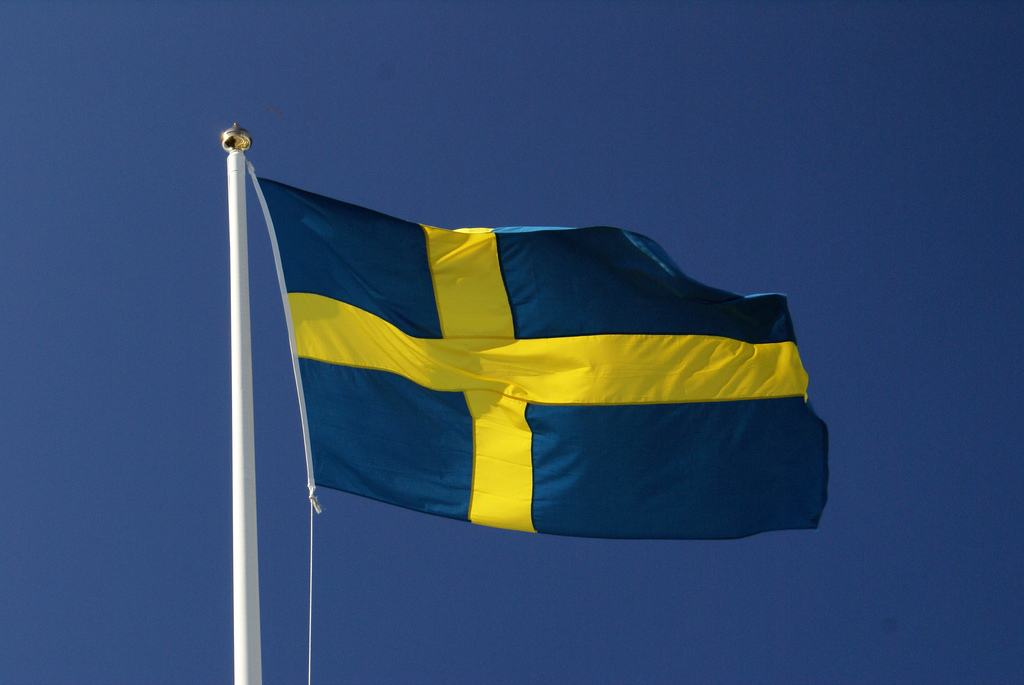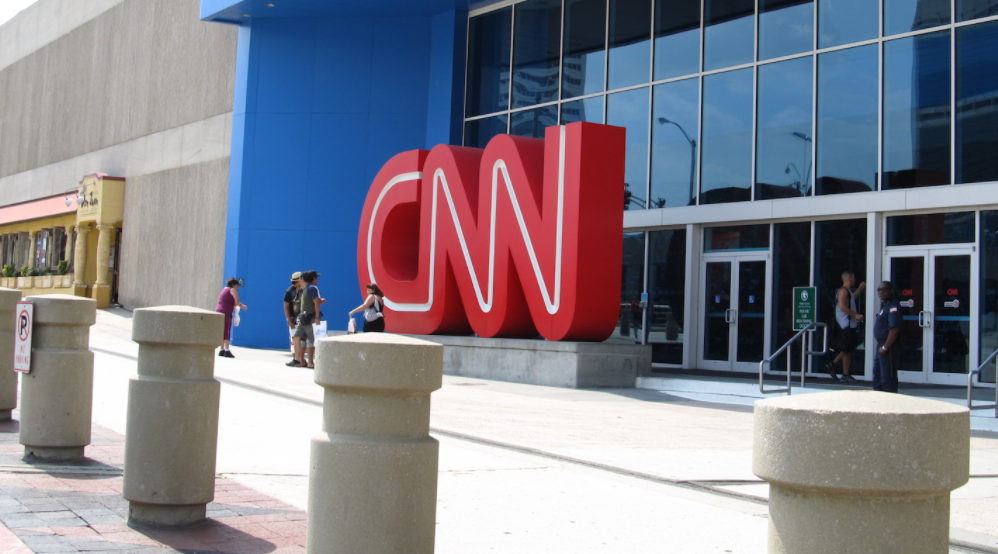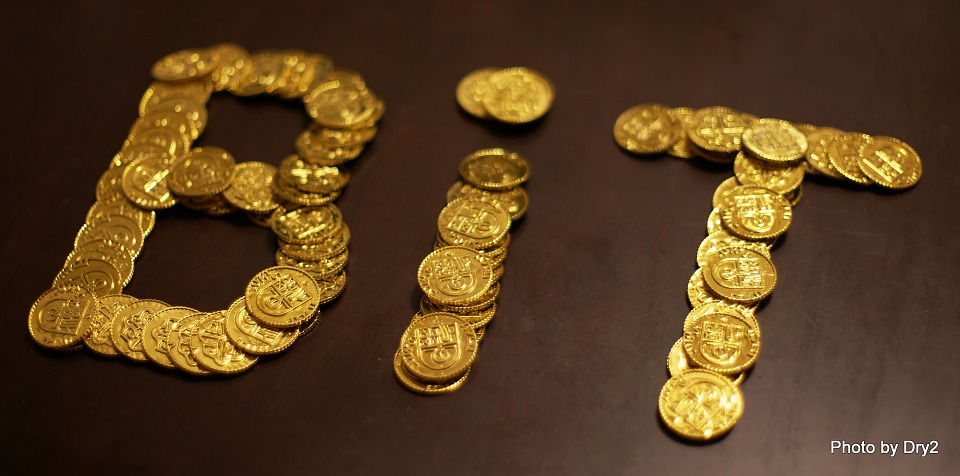NYT warns: Facebook news monopolies are “profoundly dangerous” to democracy
07/04/2018 / By Ethan Huff
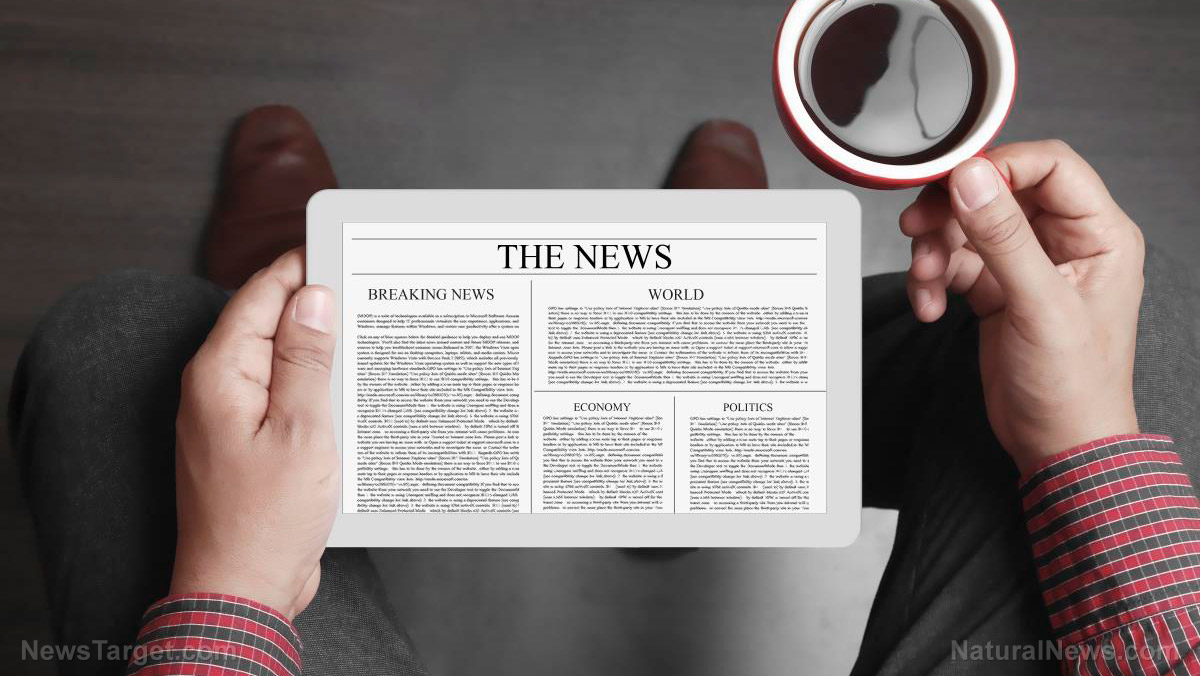
In what appears to be a shocking about-face, media giant The New York Times has come out in opposition to Mark Zuckerberg’s ongoing attempts to police the news content being spread by users via his Facebook platform.
Times CEO Mark Thompson believes that allowing a single Jewish technocrat in Silicon Valley to define which news is “real” and which news is “fake” poses an egregious threat to freedom of speech, not to mention the free-flow of information online. By claiming to be the sole decider of what constitutes “broadly trusted” news, Zuckerberg’s efforts are “profoundly dangerous” to the democratic process, Thompson says.
“We face an immediate threat here which is that Facebook’s catalogue of missteps with data and extreme and hateful content will lead it into a naïve attempt to set itself up as the digital world’s editor-in-chief, prioritizing and presumably downgrading and rejecting content on a survey and data-driven assessment of whether the provider of the content is ‘broadly trusted’ or not,” warned Thompson at the recent Open Markets Institute conference.
This may come as a surprise to some people because the Times is among the media outlets that complained about so-called “fake news” swinging the election to Donald Trump. It now appears as though only some of the Times‘ staff thinks this way, and that the paper’s head actually supports the independent media.
“You might expect The New York Times to favor such a scheme,” Thompson stated.
“Indeed, Mark Zuckerberg, whose idea this seems to be, told us the Times should expect to do well in such a ranking. In fact, we regard the concept of ‘broadly trusted’ as a sinister one, which misunderstands the role journalism plays in an open society and is likely to lead to damage and distort, not just the news business, but democratic debate.”
Facebook: the world’s self-appointed ministry of “truth”
In Thompson’s view, the best way to keep the media at large even remotely honest is to allow “unbounded competition,” which includes making way for “different journalistic perspectives” and “the clash of different judgments and opinions.” Anything less than this is reminiscent of a communist dictatorship in which the ministry of “truth” decides what’s worth reporting and what isn’t.
“History suggests that mainstream news organizations frequently get it right, but also that, not infrequently, it is the outliers who should be listened to,” says Thompson. “At any given moment, think of mainstream media today in Russia, or in continental Europe in the ’20s and ’30s – a majority of the public may judge trustworthiness incorrectly.”
Facebook, in its own defense, says that it’s merely “prioritizing” the news based on people’s perceptions of its credibility. An official Facebook announcement indicates that the social media site surveyed a large grouping of users to create this metric, and that the data is being compiled into a sorting system that the site plans to unveil internationally at some point “in the future.”
But the whole thing is sure to backfire, Thompson says, and will more than likely lead to the purveyance of even more fake news on Facebook. It’s a Wikipedia-style “crowd-sourcing” method of determining truth that, in the end, will actually stamp out the truth, at least from people’s Facebook news feeds.
“The process of citizens making up their own mind which news source to believe is messy, and can indeed lead to ‘fake news,’ but to rob them of that ability, and to replace the straightforward accountability of editors and publishers for the news they produce with a centralized trust algorithm will not make democracy healthier but damage it further,” says Thompson.
The labeling of alternative viewpoints as “fake” is a common tactic in spreading propaganda. For more news on this, visit FreePress.news.
Sources for this article include:
Tagged Under: bias, Censorship, Facebook, fake news, freedom of information, freedom of speech, Journalism, mainstream media, Mark Thompson, mark zuckerberg, Ministry of Truth, New York Times, news feed, prioritizing, propaganda, Social media, suppressed news, techno tyranny




